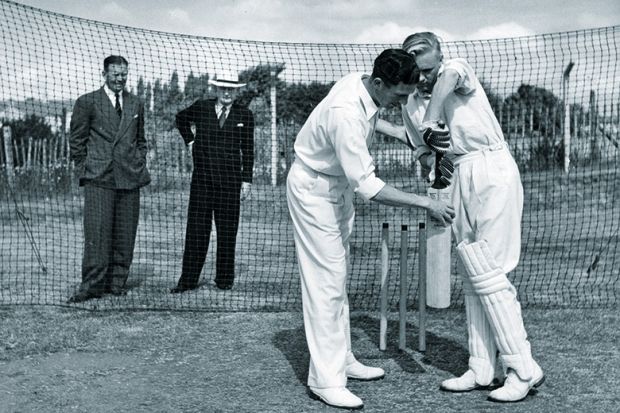Career advice: how to handle an internal interview

With their inside knowledge and connections, internal candidates may seem well placed when an attractive new position arises at a university. However, external applicants can appear to offer a fresher and more compelling perspective on how they will get the job done. So, how should you sell yourself to your colleagues?
Amanda Shilton Godwin
Head of professional development, Association of University Administrators
Whatever you do, and whatever the circumstances, do not assume that this new role is yours by right. However good your relationship with the interviewers, take a step back, respect the formal process and prepare for this interview just as you would any other.
Look at the job description and the person specification. Think in advance about what you may be asked, and think hard about the evidence that you can offer when answering those questions, whether they are based on the role or the person specification.
It is so easy to make assumptions about what other colleagues know about the role when you are an internal candidate. And, of course, people know you, so be yourself and be honest.
Search our database of global university jobs
Peter Brook
Director of human resources, University of Portsmouth
People’s natural instinct can be to see everything from the perspective of their current position.
Instead, before your interview, try to think yourself into the new role and then, with a degree of critical thinking, talk about how you would do things differently. And don’t assume that your interviewer knows about all your skills and expertise.
It’s important to be curious, so do your homework. It might feel as if you know it all, but you may be competing with people who have fresh ideas and who openly express their passion for the role, making it easier for the panel to believe in them. An internal candidate has to step up and show us that they are credible in this new role.
Try to engage with everyone on the panel. Even if you know them well and it feels odd, look at all of them in turn when you answer.
Sandra Heidinger
Director of human resources, University of Strathclyde
When you are an internal candidate, the most important thing is to play a “straight bat”.
Treat the interviewers with respect as you would for an external interview – don’t be the one to show familiarity. Instead, let the interviewers decide and tell you that it’s OK to be less formal than in a “conventional” interview.
Don’t underestimate requirements for internal interviews. It is a mistake to assume that the panel members know you or understand what you do. And, don’t underprepare! You may be facing stiff competition from internal or external candidates and there may well be an expectation that you’ll perform better given your “insider knowledge”.
This is one time when you should be clear about what your contribution to particular initiatives has been. Think carefully in advance about how you will articulate what wouldn’t have been achieved in a project or initiative without you.
Don’t be frightened to show that you have a deep understanding of the institution and its priorities. This is an advantage that you have over external candidates, so make sure that you use it. However, don’t fall into the trap, even if you’re asked about it, of saying too much about the institution’s weaknesses. Instead, acknowledge that, like every institution, there are always areas for improvement and that you would love to play a part in achieving enhanced organisational success.
Finally, if you have been with your employer for a while, be ready to demonstrate that you can still bring a fresh perspective and new ideas. Show the panel that there is more to you than they might think.
Kim Frost
Director of human resources, University of London
Make full use of all your internal contacts. Ask them to talk to you about current and future issues for the institution.
Ruthlessly exploit your network and expand your knowledge. When the interview comes, display your grasp not only of the job but of all the areas that link into it.
Alex Killick
Director of people, Glasgow Caledonian University
An internal recruitment process should be no less rigorous than an external one, so you should prepare accordingly. If you go into the interview as if it is an informal chat, you may miss the opportunity to demonstrate that you have given serious thought to the requirements of the role and how you meet them.
Quite often, employers will test the internal market before going outside, so it is important to prepare well enough so that they don’t feel the need to do this.
Pic source: Getty
Originally published on Times Higher Education, December 15, 2016.



